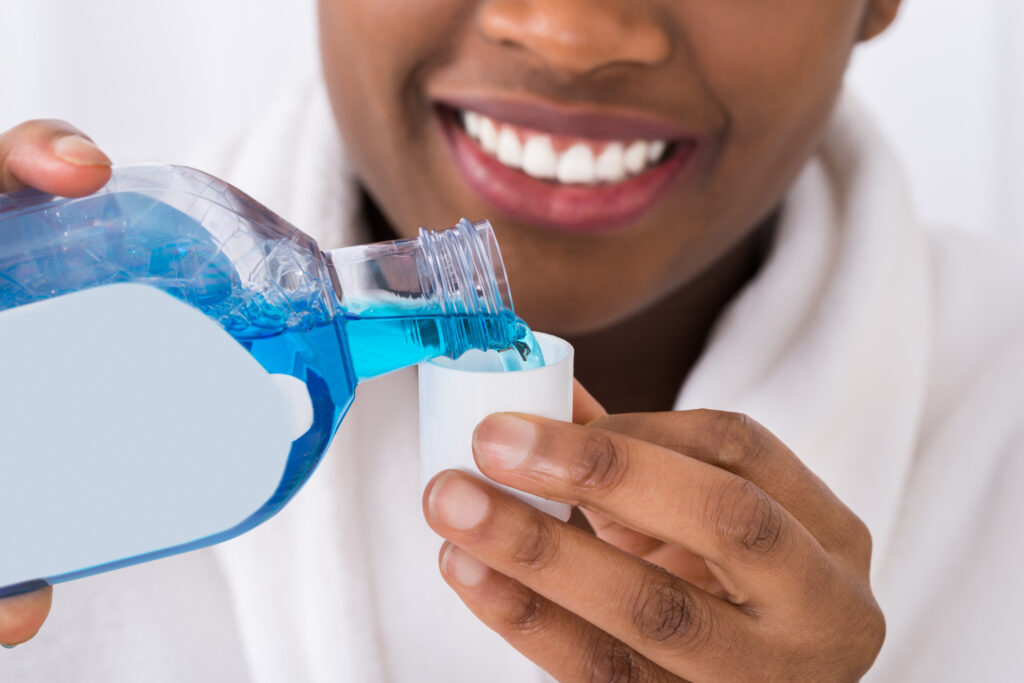To properly care for your teeth, knowing all the problems you may experience is important. Cavities are incredibly common, but you may not know what they are, how they are identified, or how a dentist treats them.
Our team of experts at Hendersonville Family Dental wants to provide you with all the information you need to have the best oral hygiene. We have created a comprehensive list of questions about cavities, ensuring you go into your next dental appointment confident that you understand the process.
What Is A Cavity?
Cavities are permanent damage that can present itself as holes or tooth decay on the surface of your teeth. They are the most common oral health problem among children, teenagers, and adults, with 90% of adults reporting that they have dealt with a cavity at least once in their life. There are many causes of cavity development, including drinking sugary beverages, frequently snacking, and not properly cleaning your teeth.
How Do I Know I Have Cavities?
The symptoms of a cavity vary based on the severity of the damage to your tooth. A new cavity may not present any symptoms. However, as the cavity increases in severity, you will experience more irritation. Symptoms of a cavity include the following:
- Tooth sensitivity
- Bad breath or unsavory taste in your mouth
- Toothaches or pains that occur without reason
- Mild to extreme pain when eating hot, cold, or sweet foods
- Stains on your teeth, either white, brown, or black
- Visible holes on your tooth
- Pain when biting down
Why Should I Seek Treatment For My Cavity?
If you believe you have a cavity, it is crucial that you visit a dentist as soon as possible. If left untreated, cavities can spread and increase in severity. In extreme cases, an untreated cavity can result in abscesses or tooth loss. If you are regularly visiting your dentist for tooth cleanings, they can monitor your oral health and determine if you are developing a cavity.
What Will My Dentist Do To Treat My Cavity?
Much like its symptoms, treatment for a cavity will vary based on its development. In the early stages of a cavity, your dentist may suggest fluoride treatments for your teeth, called remineralization. This treatment will strengthen the damaged enamel of your teeth, preventing the spread of the cavity.
If your cavities have begun to cause holes to form in your teeth, your dentist will perform fillings. With a filling, your dentist will drill decayed tissue and use a tooth-colored resin to fill the drilled-out hole.
In more extreme cases, your dentist may suggest a root canal. With a root canal, your dentist or endodontist removes the tooth’s nerves, disinfects the canal, and fills and seals it with adhesive cement.
If these treatments are not an option for your tooth, your dentist will pull the tooth to protect the surrounding teeth. After the tooth is extracted, you may receive a dental bridge or implant to fill any gapping.
Will My Cavities Go Away On Their Own?
It is thought that, if caught early, a cavity can go away without some form of dental intervention. However, it takes extensive home care to reverse the damage if you have cavities. The decay can spread quickly if you haven’t caught the cavity soon enough.
If you want to heal your tooth from the damage caused by a cavity, it is important that you seek the help of a dentist, as they can quickly treat the tooth, protecting the surrounding teeth and protecting you from extensive irritation.
Can I Protect My Teeth From Cavities?
There are several steps you can take to protect your teeth from cavities. This prevention starts at home, regularly brushing your teeth with a soft-bristled toothbrush and fluoride toothpaste. You should brush your teeth at least twice a day, but realistically you should brush after every meal to remove excess food particles and sugars in your mouth.
Regular flossing should also be incorporated into your routine. Flossing will remove food and plaque stuck between your teeth, protecting them from the breakdown of the enamel.
You should also consider cutting back on sugary and starchy foods and drinks. When starches and sugars come in contact with plaque in the mouth, they turn to acids that attack your teeth. By removing these foods and beverages from your diet, you prevent the formation of acids that eat away at your enamel, making them more susceptible to cavity formation.
Finally, you should schedule regular appointments with your dentist. You should visit your dentist at least twice a year for cleanings, though you may need more visits if you’re experiencing tooth decay or gum disease.
Scheduling A Teeth Cleaning With Hendersonville Family Dental
If you are worried about your oral hygiene or believe you are developing a cavity, it is important that you seek out the help of a reliable dental team. Our team at Hendersonville Family Dental is confident that we can make you comfortable through the entire process. In addition to treating cavities, we perform cosmetic dentistry, dental implants, and tooth extractions. If you’re looking for a dependable dental team and would like to schedule an appointment with Hendersonville Dental, contact our office today.




